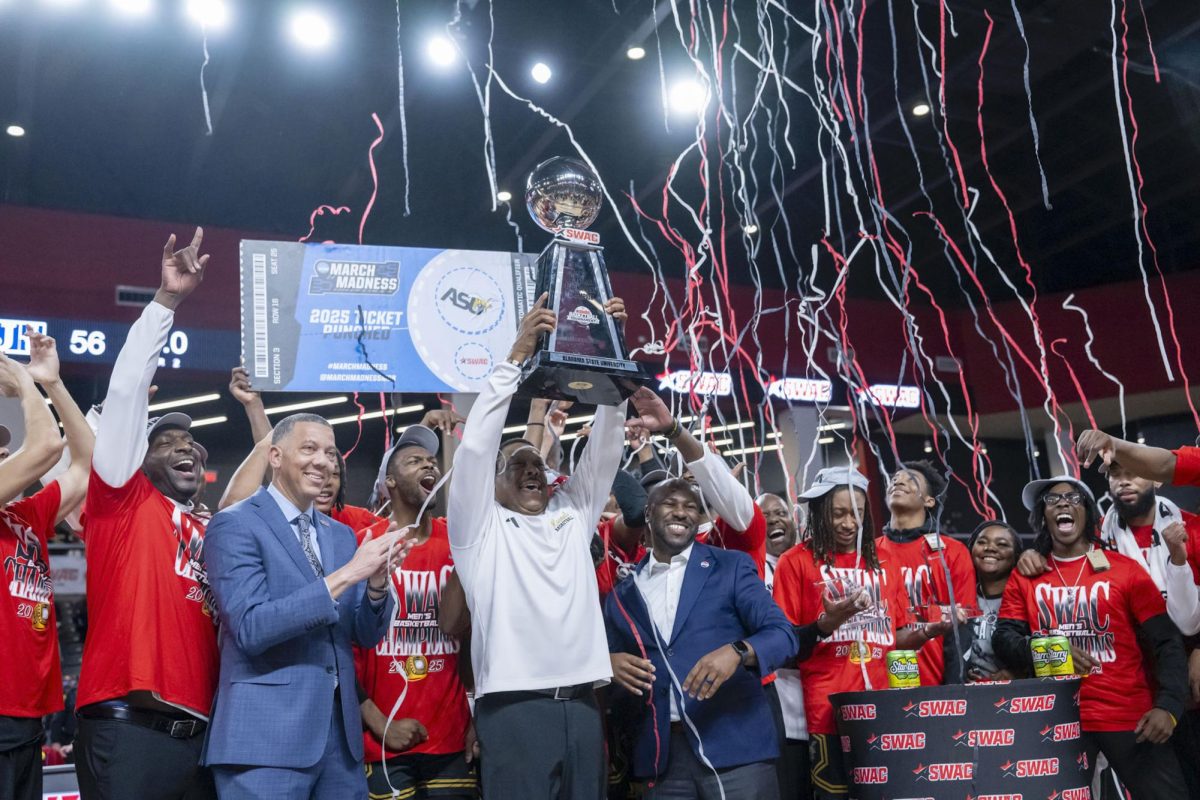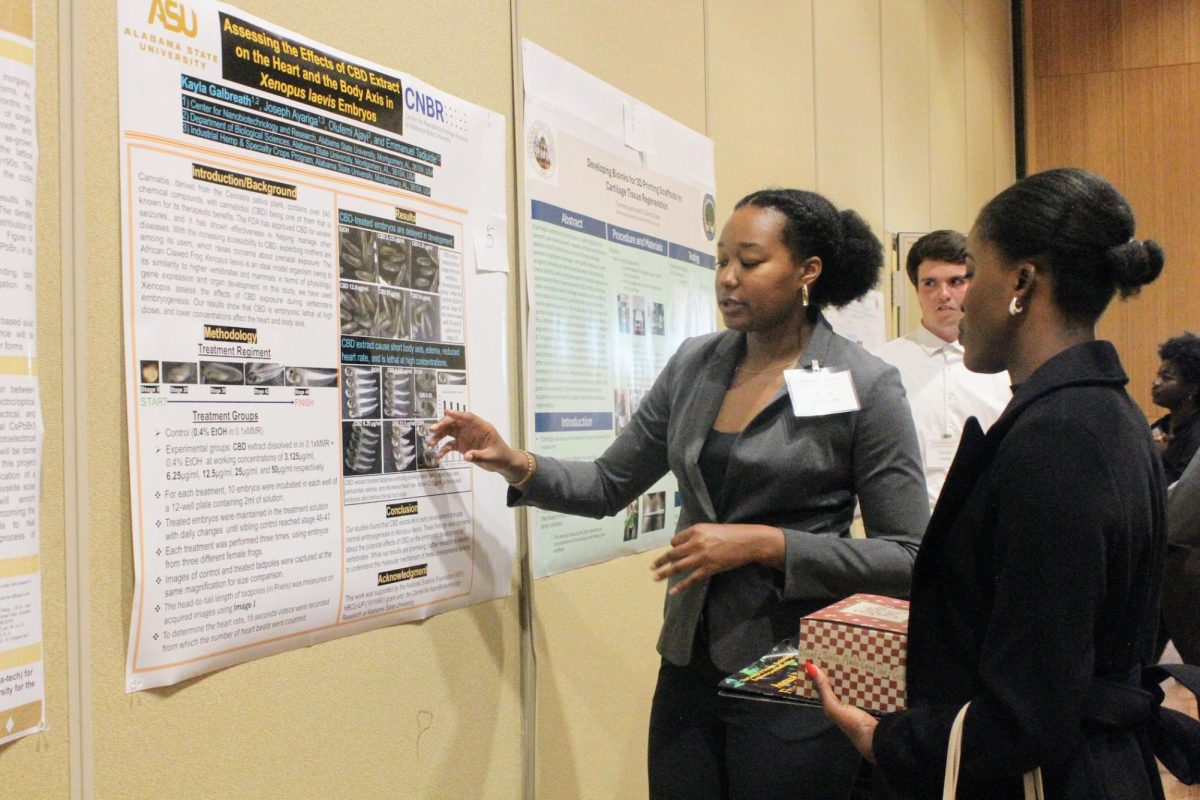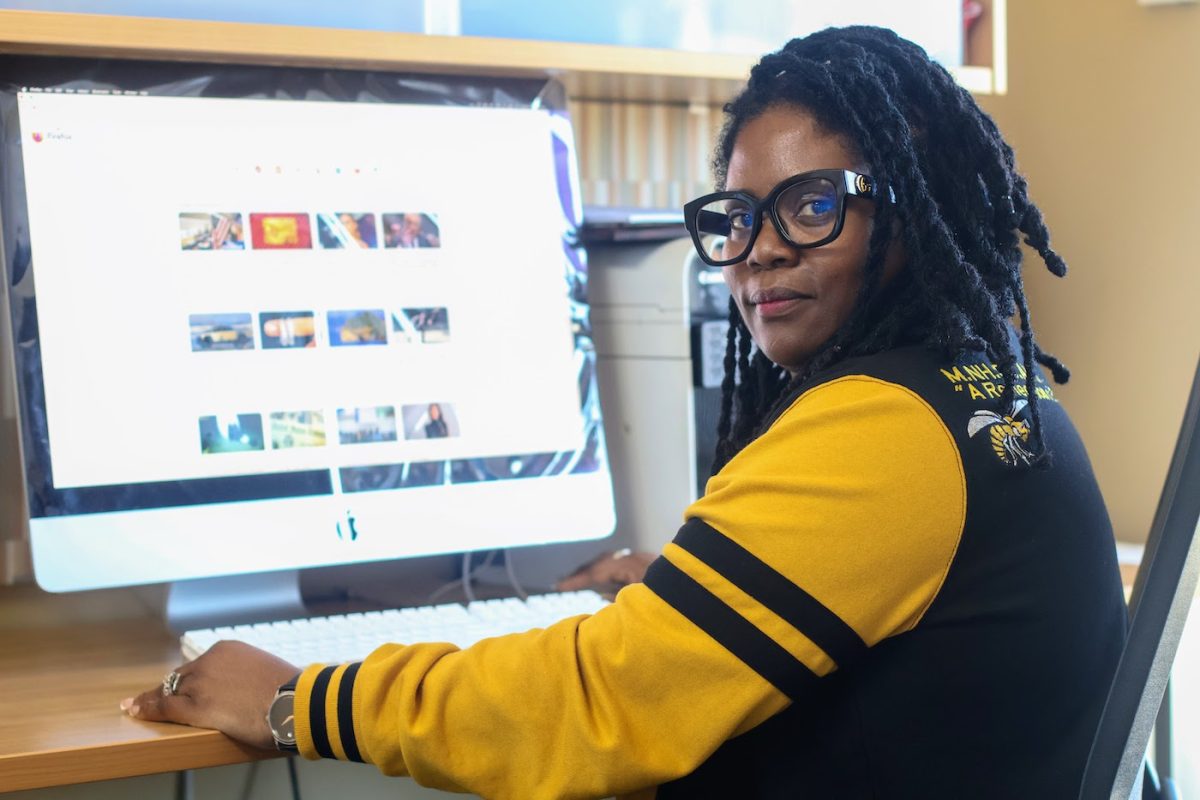Following Donald Trump’s win in the 2024 Presidential Election, he is faced with the task of selecting his presidential cabinet to support him during his upcoming term. While several of his appointees have sparked considerable debate, one choice, in particular, has garnered significant attention to me.
According to a report by Zoë Richards for NBC News, President-elect Donald Trump announced Tuesday that he had selected Linda McMahon to head the education department. McMahon, known for her role as a former executive at World Wrestling Entertainment and her previous service in Trump’s first administration, brings a unique and controversial background to a position that plays a crucial role in shaping the future of American education policy.
One may be asking, “Well what is the problem of having her over this department?”
In a statement to describe McMahon, Trump stated, “As secretary of Education, Linda will fight tirelessly to expand ‘Choice’ to every State in America and empower parents to make the best education decisions for their families.”
McMahon is set to oversee a department that Trump aims to empower by shifting authority from the federal government back to individual states. This initiative raises significant concerns, as it could have dire consequences not only for the current generation of students but also for those currently enrolled in college.
Many students, including myself, depend heavily on financial aid programs like the Free Application for Federal Student Aid (FAFSA) and various student loans to cover tuition and other educational expenses. These resources are often essential for pursuing a college degree, as they alleviate some of the financial burdens associated with higher education. However, if states gain control over these financial assistance programs, I fear there are no guarantees that students will receive the support they need.
Each state might implement its own criteria and guidelines for determining eligibility, which introduces a significant level of uncertainty. For instance, a state’s government might decide to limit funding based on subjective assessments of who deserves funding, rather than adhering to established federal standards. This could result in unfair disparities in financial support among students, potentially leaving many without the necessary resources to succeed in their academic pursuits. Overall, the implications of such a shift in power could jeopardize access to education for countless individuals across the country.
In a recent op-ed published by Fox News, McMahon expressed strong criticism of diversity, equity and inclusion (DEI) programs. He argued that these initiatives are “irrelevant to training skilled workers,” suggesting that they do not contribute meaningfully to the core objective of vocational education. Additionally, he asserted that DEI policies “add costs and administrative burdens to all apprenticeship programs,” implying that such frameworks detract from the efficiency and effectiveness of these essential training programs. Reflecting on my educational experiences at Alabama State University, particularly in the Humanities course that delves into the African American experience, I have gained a profound understanding of Black history that extends well beyond the narratives of prominent figures such as Martin Luther King Jr. and Rosa Parks. This class illuminated a rich tapestry of contributions, struggles and cultural developments that often go unrecognized in mainstream American history. Unfortunately, there is a tendency in the United States to marginalize African American studies, glossing over significant events and figures that deserve greater attention.
My concern intensifies when I consider the potential political shifts that may arise if Trump’s team successfully transfers control over education to individual states. This decentralization could lead to a patchwork of educational standards, where vital subjects like African American history might be inadequately taught or completely omitted from the curriculum. Such a change would threaten students’ opportunities to engage with this important aspect of our nation’s history, leaving future generations without access to the knowledge and understanding necessary to foster a more inclusive and informed society.













